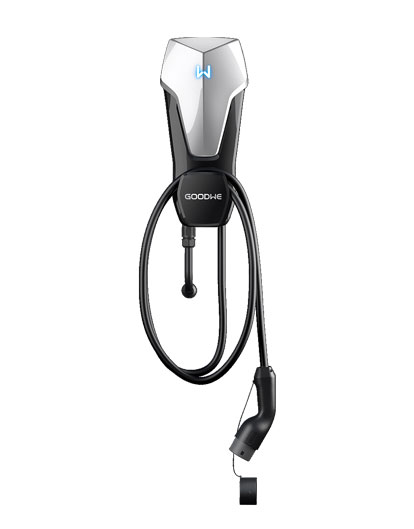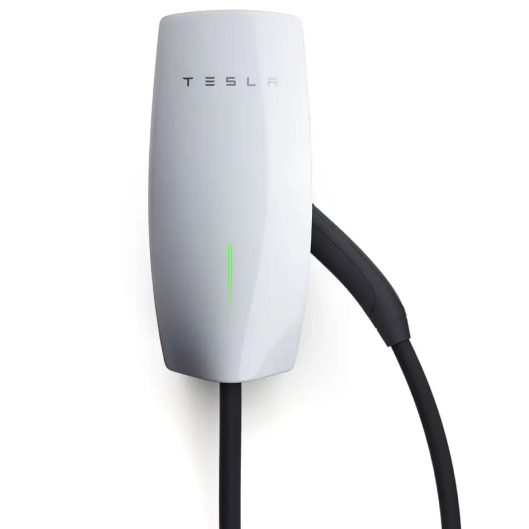The Electric Revolution: Exploring the World of EV Chargers
We Recommend and Install the Following EV Chargers


ZAPPI EV CHARGERS
Zappi is an intelligent and adaptive EV charger that can take power from the grid, solar, or both.


FRONIUS EV CHARGERS
The Fronius Wattpilot offers solar-connected options for intelligent EV charging.


GOODWE EV CHARGERS
Remote Control & Monitoring. The GoodWe EV Charger provides various communication options and integrates seamlessly with the cost-free monitoring platform SEMS.


TESLA EV CHARGERS
Wall Connector is the fastest way to charge at home. For two or more Tesla cars, multiple Wall Connectors can share power to meet household charging needs.
Types of EV Chargers
- Level 1 Chargers: These chargers are the most basic and typically come standard with EVs. Level 1 chargers use a standard 240-volt household outlet and provide a slow charging rate, making them suitable for overnight charging at home or in locations where faster charging isn’t essential.
- Level 2 Chargers: Level 2 chargers offer faster charging compared to Level 1 chargers by utilizing a 240 volt single phase or 415 volt three phase supply. They are commonly installed in residential garages, workplaces, and public charging stations, providing a convenient charging solution for EV owners who require quicker charging times.
- DC Fast Chargers: DC fast chargers, also known as Level 3 chargers, are the fastest charging option available, capable of providing a significant charge in a short amount of time. These chargers utilize direct current (DC) power and are commonly found along freeways, highways, major travel routes, and commercial charging networks, offering a rapid charging solution for long-distance travel.
Benefits of EV Chargers
- Convenience: EV chargers provide convenient access to charging infrastructure, allowing EV owners to recharge their vehicles at home, work, or on the go, without the need to visit traditional gas stations.
- Cost Savings: Charging an EV at home with a Level 2 charger is typically more cost-effective than refueling a gasoline-powered vehicle. EV owners can take advantage of off-peak electricity rates and potentially reduce their overall fuel expenses.
- Environmental Impact: EV chargers facilitate the adoption of electric vehicles, which produce zero tailpipe emissions and contribute to lower greenhouse gas emissions, improving air quality and reducing environmental pollution.
Considerations for EV Charger Installation
- Location: When installing EV chargers, consider factors such as proximity to electrical supply, parking accessibility, visibility, and safety. Ideal locations include residential garages, parking lots, workplaces, and public areas with high EV traffic.
- Electrical Capacity: Determine the electrical capacity of your property to ensure it can support the installation of an EV charger. Upgrading electrical panels or circuits may be necessary to accommodate the additional power requirements of Level 2 or DC fast chargers.
- Permitting and Regulations: Check local building codes, zoning regulations, and permitting requirements for EV charger installations. Compliance with applicable regulations ensures safety, quality, and legal compliance of the installation.
- Installation Costs: Consider the upfront costs associated with purchasing and installing EV chargers, including equipment costs, installation fees, and potential electrical upgrades. Evaluate available incentives, rebates, and tax credits that may offset installation expenses.
EV chargers play a pivotal role in accelerating the adoption of electric vehicles and transitioning towards a sustainable transportation ecosystem. By providing convenient, efficient, and accessible charging infrastructure, EV chargers empower drivers to embrace clean energy alternatives and contribute to a greener future. Whether you’re a homeowner, business owner, or government entity, investing in EV chargers is a tangible step towards building a more sustainable and resilient transportation infrastructure.


